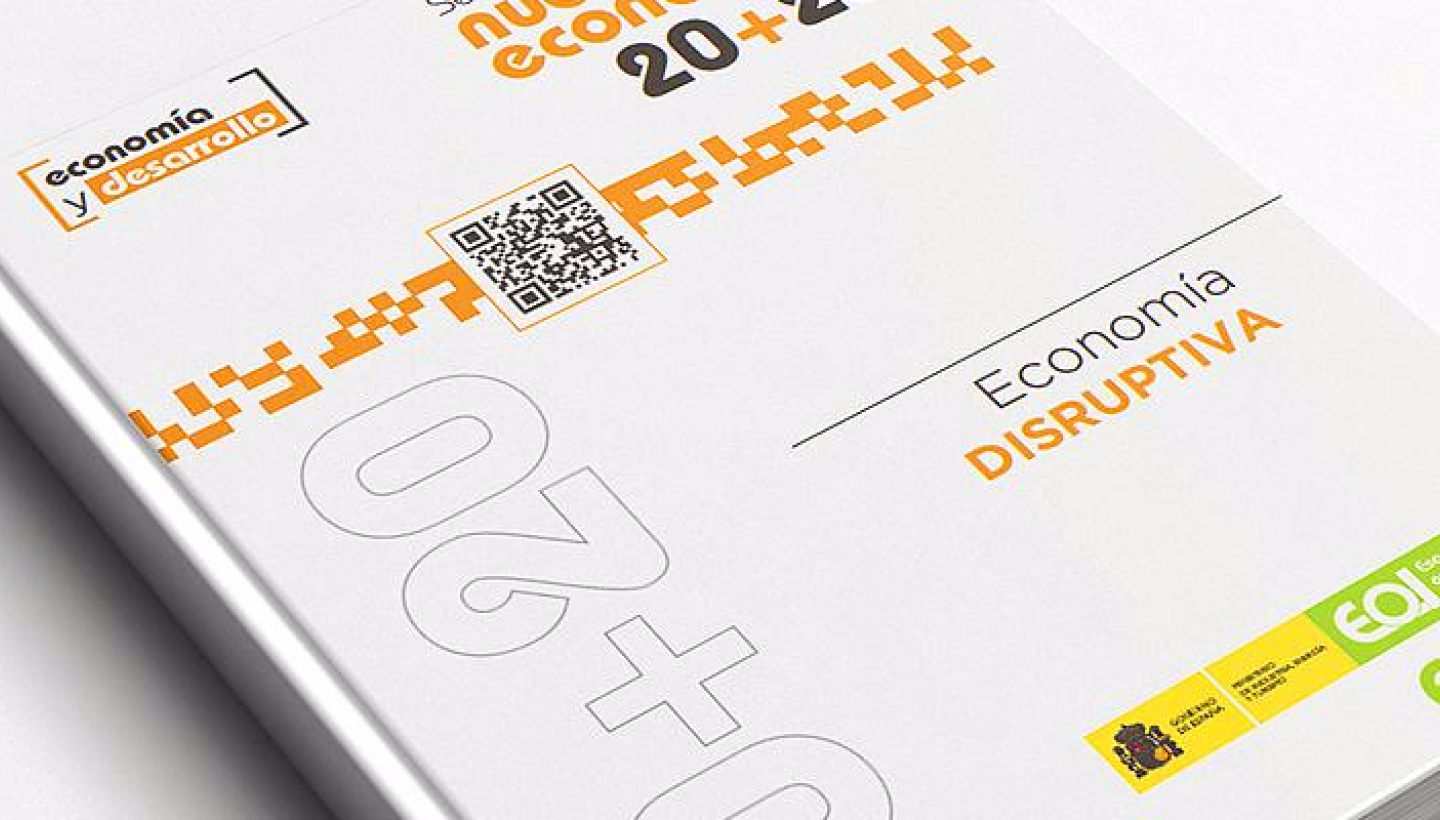We coauthored a book on the disruptive economy with the EOI Business School and the Politechnic University of Madrid in which we analyzed some of the most innovative companies in Europe
The challenge:
Innovation and disruption are two tendencies that increasingly define companies and the economic activity in recent years. However, despite the popularity of these terms, one is not always sure of their meaning nor of the differences between one and the other. This can even lead business leaders to fail to notice the disruptive potential of their companies, and hinder the objective analysis of the telltale signs of disruption.
This makes having a clear definition and analytical model a necessity for squeezing the maximum benefit from a company´s potential to lead change. To facilitate this, we collaborated with the EOI Business School (Spain) and the Technological Innovation Support Center (CAIT, from its name in Spanish) at the Polytechnic University of Madrid (UPM, from its name in Spanish, Spain) to write a book, co-financed by the European Social Fund, capable of responding to those questions: Sectors of the New Economy 20+20: Disruptive Economy.

Our strategy:
When deciding how to tackle the characterization of disruption within the companies selected to participate in our study, we opted for identifying the eight target dimensions which could be applied to any company. We also employed our firsthand experience with start-ups and entrepreneurs thanks to our alliances with Harvard Business Review and MIT Technology Review and our work as a global innovation consultancy.
From there, and with the aim of producing the most comprehensive semi-quantitative analysis possible, we conducted in-depth interviews with a sample of disruptive Spanish companies. "Quantifying the level of disruption at each company fairly and uniformly was one of the biggest challenges of this project and this is why we chose a case study approach", our project leader Noemí de la Fuente explains.

Our solution:
This study was produced in collaboration with the CAIT from the UPM in Madrid, edited by the EOI Business School and published as a book: The Disruptive Economy, which analyzes 20 Spanish business models born from disruptive innovations.
The results of the study, which belongs to the Sectors of the New Economy 20+20 series, indicate that the disruptive nature of companies is primarily found in specific aspects of their corporate activities; specifically, the area where more disruptive practices were identified were new product and service launch activities. The relationship between these services and our current knowledge-based society is in many cases directly associated with the creation of new technologies, as in the cases of BQ, Quobis, Alise Devices y Umanick.
Some of the keys to disruption reside in the new relationship formed with the original structure of the sector. Companies like Cabify and Parclick have managed to integrate with existing companies and guilds in order to facilitate the incorporation of their disruptive practices into current regulations. Similarly, the introduction of innovative models in mature sectors is also a great way to bridge the digital divide between users and clients. This was the case for eltenedor in the restaurant industry, Glamping Hub in the tourism industry and Bluemove in the car rental industry. Focusing services on the neediest sectors, like Seabery, is another exemplary means of disseminating and driving the adoption of disruptive practices.
Another interesting aspect of the study was that, in the absence of an international consensus regarding disruption, many of the companies in the study did not recognize their disruptive nature as added market value. "Often, the daily dynamics of running a company prevent its leadership team from realizing just how disruptive the company really is internationally". In De la Fuente´s mind, "this analytical exercise provided them with some perspective regarding their impressive accomplishments and offered new self-evaluation tools."
This work joins our wider portfolio of publications by Opinno, like the Report on Innovative Ecosystems, the study on the future of mobility, the Successful ventures in Spain report, and our report on the future of work, conducted in collaboration with Adecco.
You can download the Disruptive Economies report through this link.



